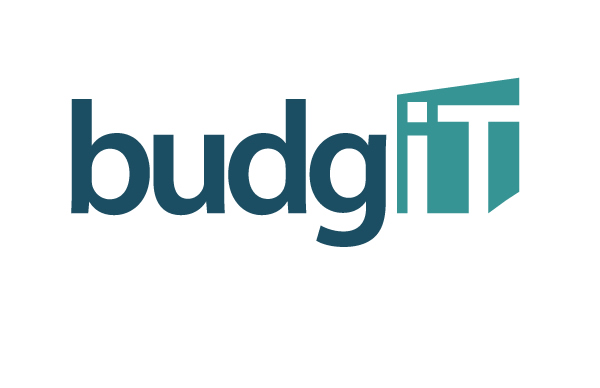Business
FG’s Spending Exceeds Revenue by 225% — BudgIT Report

A recent report by BudgIT, an accountability organization, has revealed a significant fiscal imbalance for the Federal Government in 2023, with expenditures surpassing revenue by 225%. The analysis, based on the 2023 fiscal accounts from the Office of the Accountant-General of the Federation, shows that the government’s spending reached N19.50 trillion, while revenue totaled only N5.99 trillion, resulting in a deficit of N13.50 trillion.
The report details revenue sources, including N3.80 trillion from the Federation Account Allocation Committee, N1.98 trillion from the Federal Government’s independent revenue, and N202.54 billion from other sources. This substantial deficit underscores a persistent drift away from fiscal responsibility, as the government continues to borrow more than it earns, leading to ongoing debt and financial instability.
Victor Agi, a fiscal accountability expert at the Centre for Fiscal Transparency and Integrity Watch, has raised alarms about Nigeria’s worsening debt crisis. Agi warned of severe economic consequences if immediate measures are not implemented. “The economy is bleeding, and we are struggling to fund capital expenditure. The implications are dire,” he stated, criticizing the government’s economic management.
Agi highlighted the stagnation in economic growth since 2014, with negative growth trends continuing. He expressed concerns about the government’s borrowing practices, emphasizing that the issue lies not in borrowing per se, but in borrowing to fund debt and non-essential expenditures. Only 4.4% of the government’s N19 trillion expenditure last year was allocated to capital projects, which Agi deemed unacceptable.
Agi warned that the repercussions of the government’s fiscal policies are already evident, with rising living costs and widespread financial struggles among citizens. He called for greater fiscal responsibility, urging the government to focus on funding the real sector and capital expenditure.
Public policy enthusiast Femi Oladele also expressed concerns about the government’s spending practices. While he acknowledged that spending more than one earns is not inherently problematic, he stressed the importance of scrutinizing expenditure details. Oladele questioned the government’s priorities and suggested that reliance on potential “windfalls” to sustain spending habits might be misguided.
Oladele criticized the government’s preference for non-essential expenditures and emphasized the need for local investment to stimulate economic growth. “Most of those expenditures are unfortunately not local, so would have little direct impact on our economy. We need to invest locally to spur economic actions that can drive growth and development,” he concluded.

